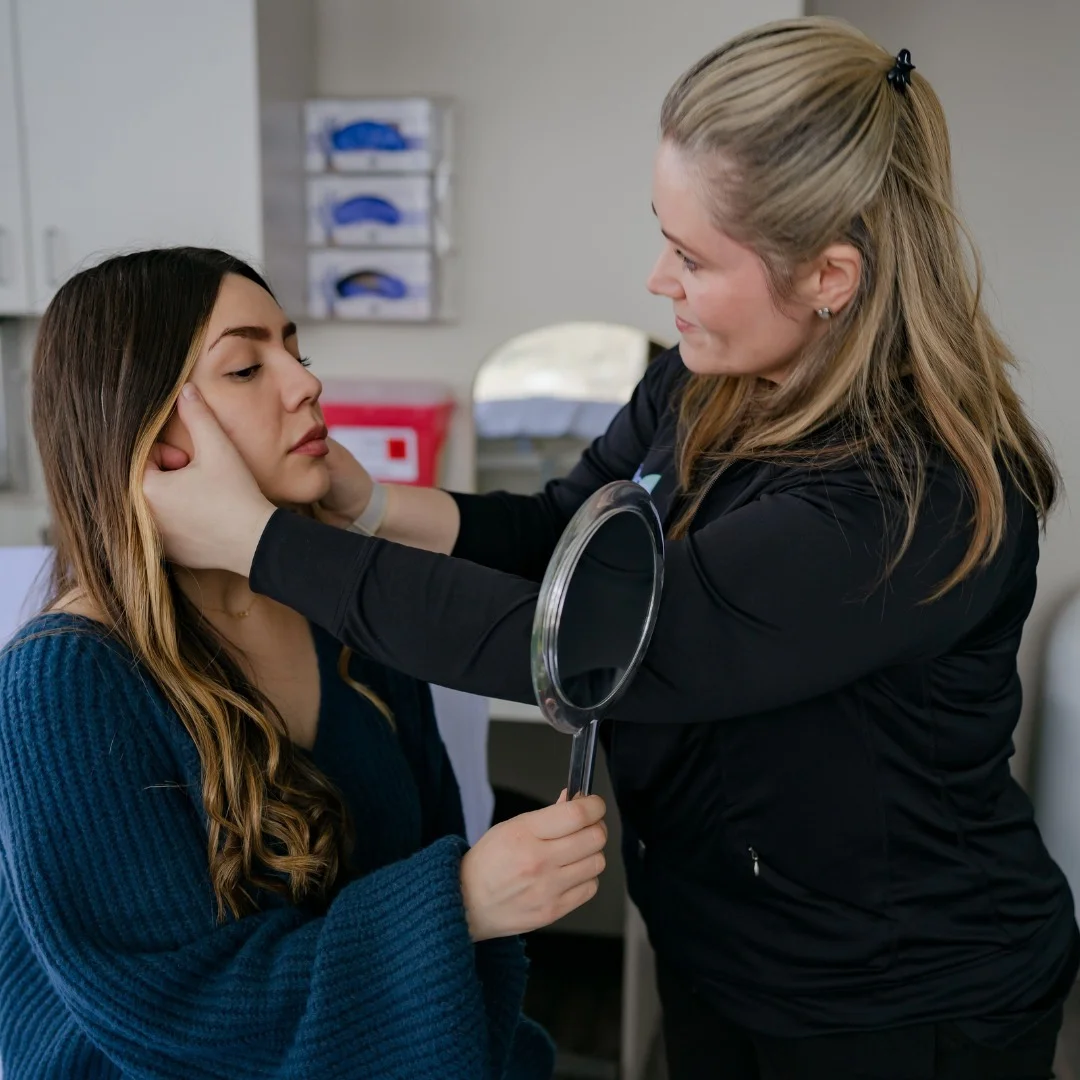Daily aspirin use has been associated with increased risk of melanoma as reported by researchers at Northwestern University in the Journal of the American Academy of Dermatology. This study will require additional clinical research to confirm and elaborate on the reported increased risk of melanoma.
The study followed patients without a previous history of melanoma who took daily aspirin (81 or 325mg) for greater than 1 year and compared their development of melanoma over the course of 5 years to a control group that did not take aspirin.
Results showed that men who took daily aspirin for greater than 1 year had 1.8 times (nearly double) the risk of developing melanoma than men who did not take chronic daily aspirin. Interestingly, women taking aspirin did not show an increased risk of melanoma.
Nearly 50% of U.S. adults take daily aspirin. Many are advised by their physicians to take daily aspirin for primary prevention of cardiovascular disease and colorectal cancer. At this point it is important that patients advised by their physician to take daily aspirin continue to do so.
However, male patients taking daily aspirin should be made aware of the potential increased risk of melanoma, practice regular skin self-exams (https://www.aad.org/public/spot-skin-cancer/learn-about-skin-cancer/detect), and have yearly skin checks by a board-certified Dermatologist. Even more frequent skin checks are recommended in certain situations such as having a previous history of skin cancer.
If the link between aspirin and melanoma is upheld by future research aspirin will join other known and well-established factors for this aggressive type of skin cancer. Risk factors for melanoma include:
- Sun exposure (especially blistering sunburns in childhood, but also daily routine exposure)
- Tanning bed use (associated with 75% increased risk of melanoma)
- Moles (> 100 moles and/or history of atypical “dysplastic” moles) – a recent study showed that if you have > 11 moles on one arm you are likely to have > 100 moles on your entire body, translating to increased risk of melanoma.
- Skin types with fair skin and light eyes
- Personal history of melanoma or non-melanoma skin cancers (basal cell or squamous cell carcinoma)
- Weakened immune system
- Family history of melanoma (especially first-degree relatives: mother, father, sibling, child). First-degree family members have a 50% increased risk of developing melanoma.
- Genetic susceptibility (“familial melanoma syndrome”)
https://www.skincancer.org/skin-cancer-information/melanoma
While those with risk factors for skin cancer should be especially vigilant everyone should be on the lookout for abnormal changes in their skin. The warning signs of melanoma often can be discovered by remembering your ABCDEs.
- Asymmetry – if you visually draw a line through the middle of the mole the two sides do not match
- Border irregularity (notched, jagged borders)
- Color irregularity (uneven color or multiple colors)
- Diameter (greater than the size of a pencil eraser)
- Evolving (lesions changing in size, shape, or color, or symptoms like itching, bleeding, crusting)
It is important to catch all skin cancers early. If you take daily aspirin or have any other risk factors as described above it is especially important is to establish care with a board-certified Dermatologist. The AboutSkin medical providers are all board-certified Dermatology physicians adept at screening and treating skin cancer with offices in Lone Tree and Greenwood Village.

